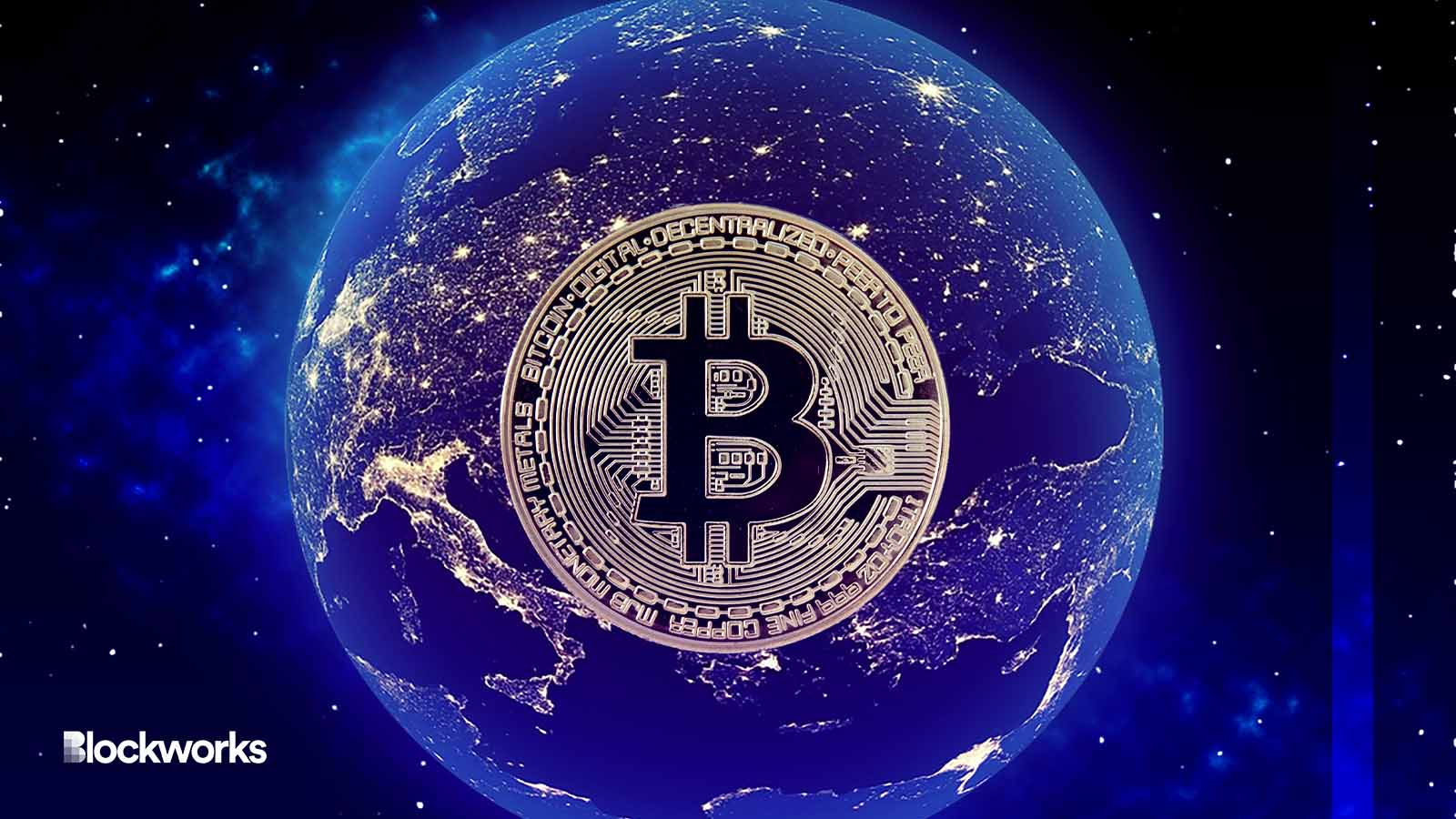Former Meta crypto exec plots course for Bitcoin’s transformation to global payment network
Lightspark CEO David Marcus aims to address the absence of a worldwide internet protocol for global money transfers

Jirattawut Domrong/Shutterstock modified by Blockworks
David Marcus, who previously led Meta’s Novi and Diem ventures, recently appeared on CNBC to talk about Lightspark, his new bitcoin-centric infrastructure venture.
“What we’re trying to do is turn Bitcoin into a real global payment network,” he told CNBC’s Squawk Box on Sept. 11.
Lightspark publicly debuted in April, backed by the likes of a16z crypto, Paradigm and others, with the goal of building on Bitcoin’s Lightning network.
During the CNBC interview, Marcus contended that “we’re still in the fax era of global payments.” He highlighted how there is currently no global internet protocol to efficiently transfer money across international borders.
To send money, you often need to request a bank account number, deal with varying formats and face high international wire transfer fees. This cumbersome process involves substantial sums, with trillions of dollars flowing through networks like SWIFT, he said.
Marcus doesn’t expect bitcoin itself to be used as a currency for everyday purchases. Instead, he said using a small part of a bitcoin within the Lightning Network is like sending a specialized data packet on the internet specifically for transferring value between people.
“So, you can exchange at the edges of the network and send dollars to someone who will receive Japanese yen on the other side, or send dollars to someone who will receive euros on the other side,” he said.
“And the actual net settlement layer that is used is Bitcoin, Lightning and it settles in real time, cash final and at a very, very low cost.”
Marcus has earlier stated that the crypto industry has many projects without immediate practical applications. He encouraged developers to evaluate whether their solutions genuinely tackle real-world problems.
In addition to his work at Meta, Marcus founded a mobile payments startup called Zong that was later acquired by PayPal.
During his time at Facebook, Marcus was instrumental in the creation of Diem (formerly Libra), a project conceived by founder Mark Zuckerberg.
Diem aimed to democratize finance by enabling global cryptocurrency transactions within Facebook’s apps like Messenger and WhatsApp, convertible to local currencies. But the project drew swift controversy, and following numerous congressional hearings and significant departures of key personnel, Diem ultimately ceased operations.
Get the news in your inbox. Explore Blockworks newsletters:
- The Breakdown: Decoding crypto and the markets. Daily.
- 0xResearch: Alpha in your inbox. Think like an analyst.






